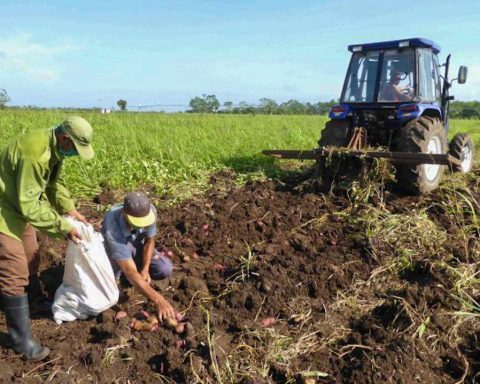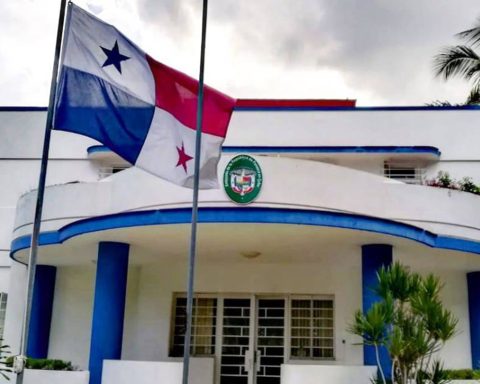The attorneys general of twenty US states filed a lawsuit on Tuesday against the plan of the government of President Joe Biden to grant 30,000 humanitarian visas migrants from Cuba, Venezuela, Nicaragua and Haiti.
In their complaint, led by Texas Attorney General Ken Paxton, the plaintiffs argue that this plan will allow the arrival of hundreds of thousands of migrants to areas of the US that are already “overburdened.”
And they stressed that with this initiative the Department of Homeland Security (DHS) is abusing its authority to grant humanitarian permits.
The lawsuit is signed by the prosecutors of states such as Florida, Alabama, Alaska, Arkansas, Idaho, Iowa, Kansas and Kentucky, among others, and is directed against the DHS and its head, Alejandro Mayorkas, as well as against the federal agencies in charge of ensure border security and regulate the migratory flow, and those responsible.
State attorneys general have reacted in this way to the announcement earlier this month by the Biden government that it would accept more than 30,000 migrants a month from Venezuela, Cuba, Nicaragua and Haiti, thus expanding a program that already existed for Venezuelans since October.
Biden: southern border closed to Cubans, Nicaraguans and Haitians
In their lawsuit, prosecutors argued that that plan harms several states, including Texas, “which spends significant amounts of money to provide services to illegal aliens, due to violations by the federal government in refusing to apply federal law.”
They also gave the example of Florida, which, they warned, “will be irreparably harmed” by this program, because “significant state resources” are already spent to provide services to the undocumented migrants it hosts.
In his opinion, the federal government’s plan should be declared illegal because with it the defendants have exceeded their authority to grant this type of visa, and, furthermore, they have not taken into account whether there is the capacity to expel the beneficiaries of the program once once the two-year permit to be in the US runs out.
















